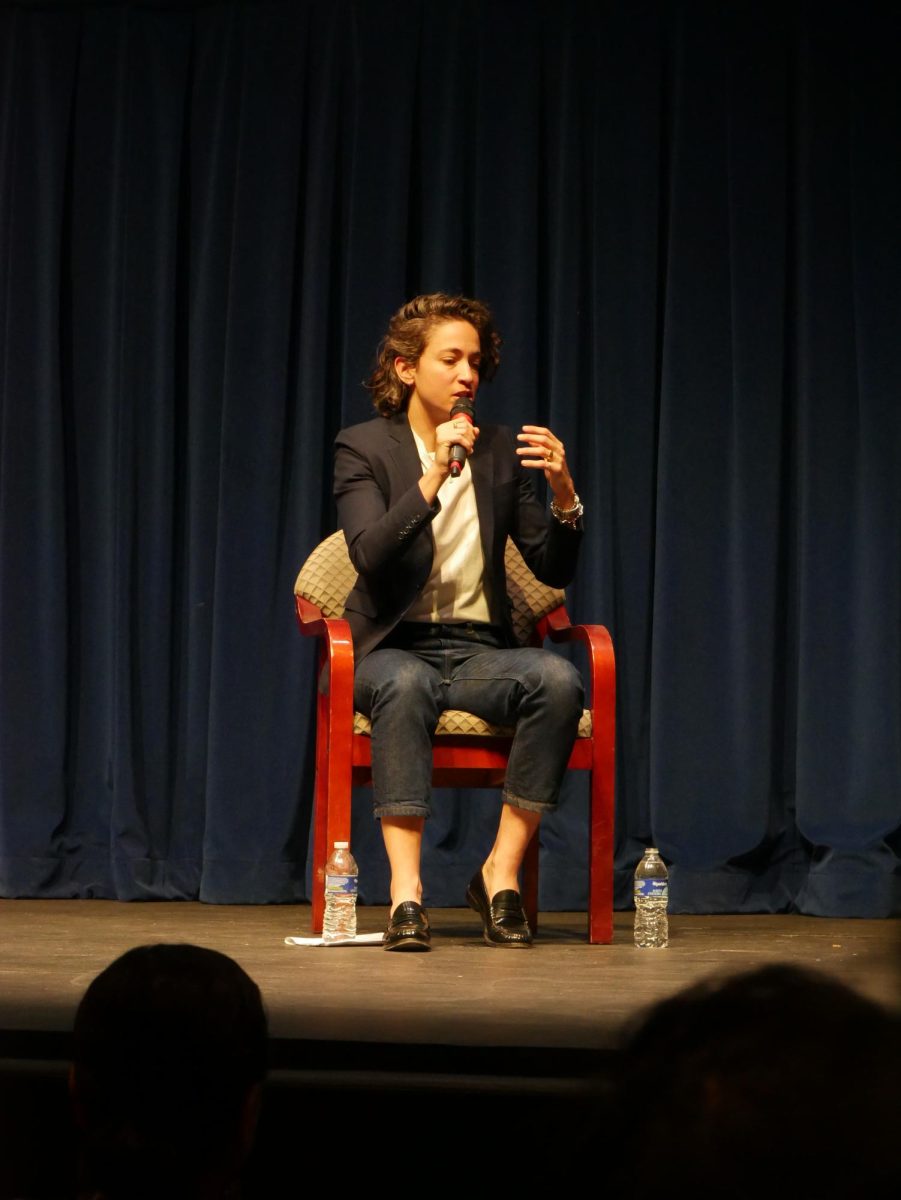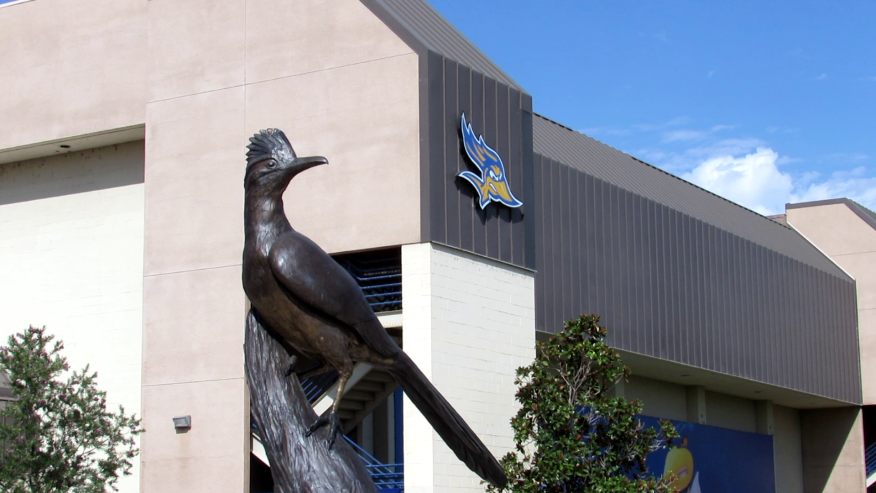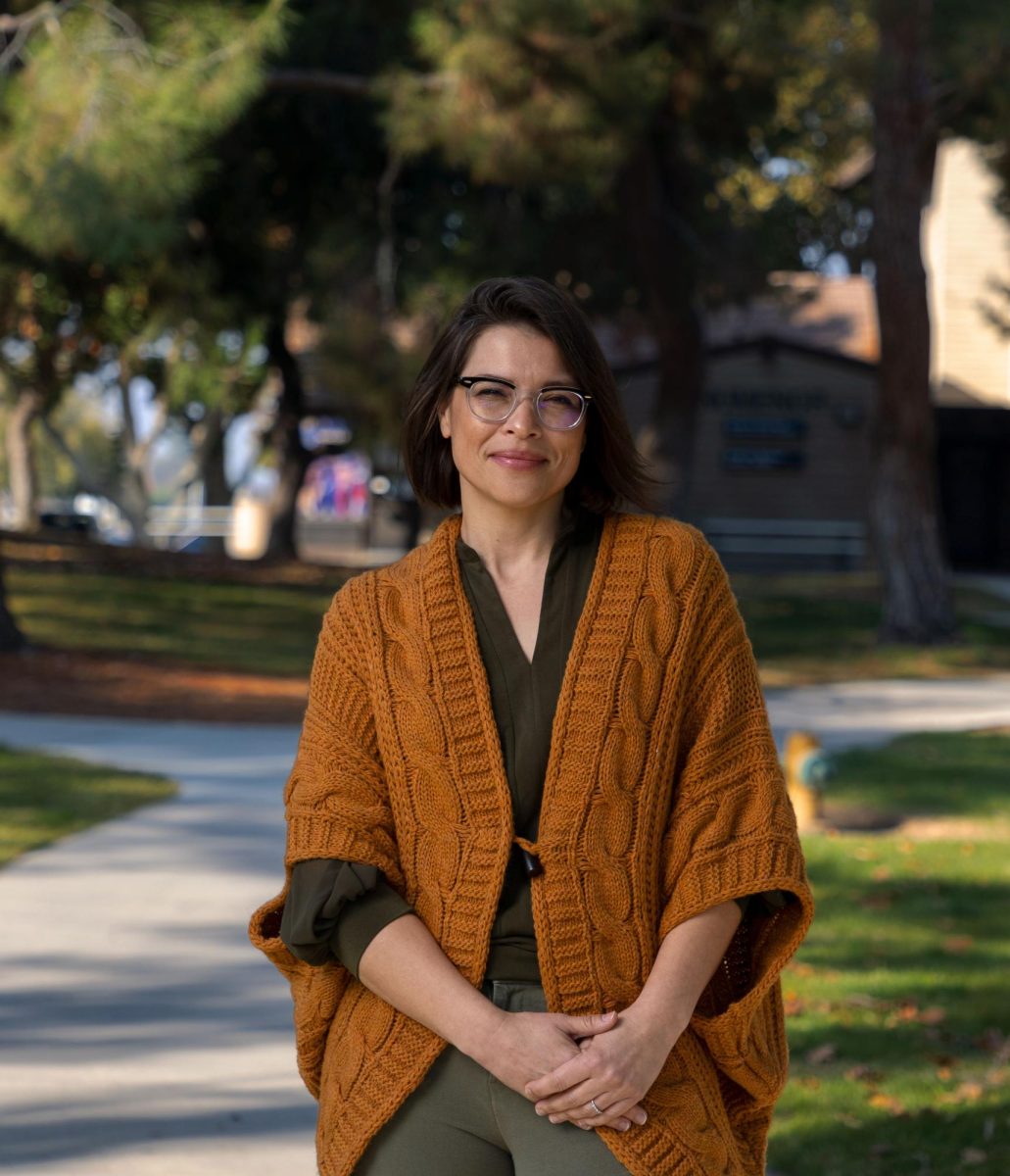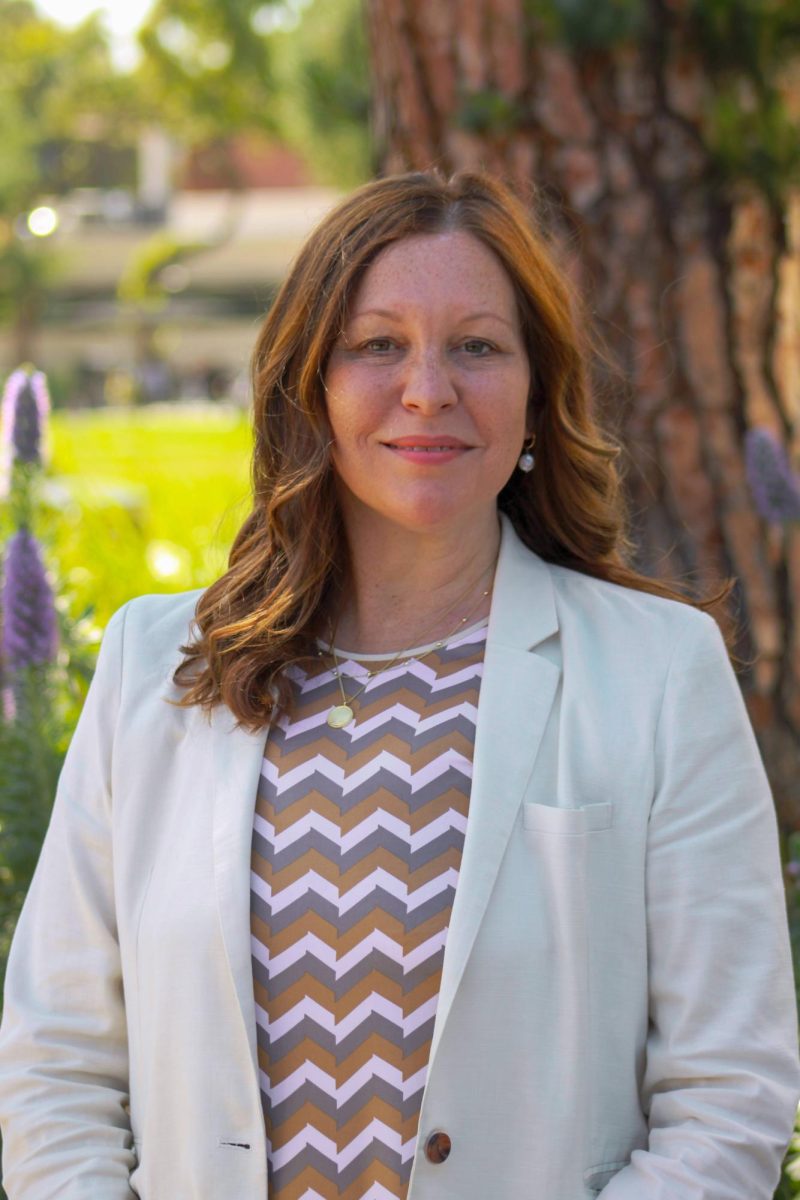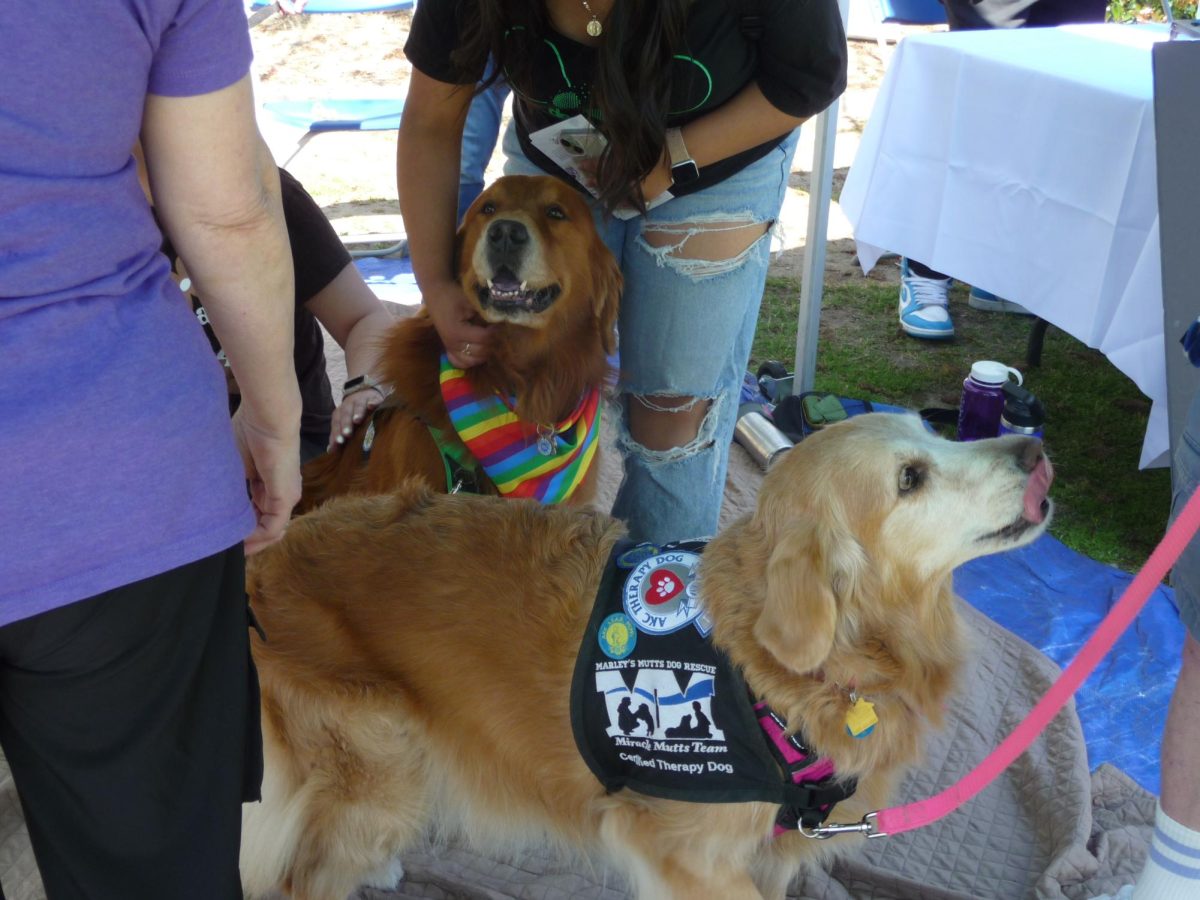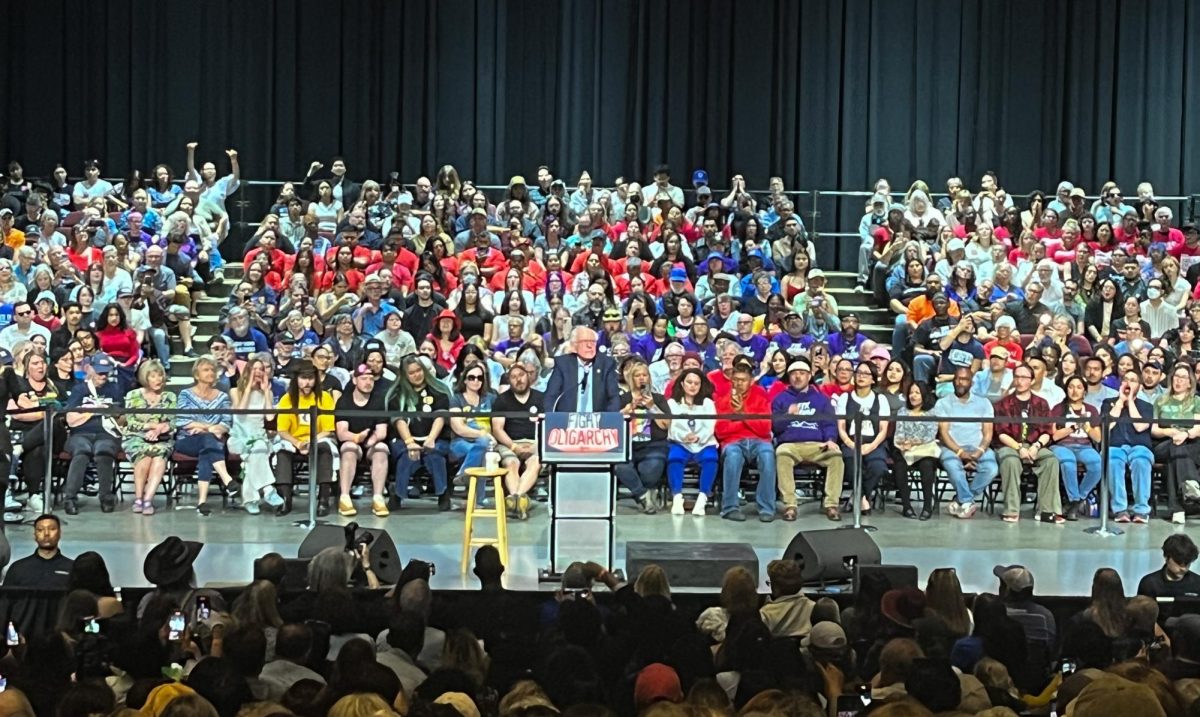News Editor
In an effort to help identify and craft solutions for problems plaguing the San Joaquin Valley, CSU Bakersfield has developed and launched the Center for Social Justice.
For CSUB political science professor Mark Martinez and social work professor Bruce Friedman, both of whom are spearheading the Center for Social Justice, the launch invites students and researchers alike to critically investigate, understand and identify solutions for prominent issues in the Central Valley, such as illiteracy, voter turnout and other concerns.
“We’re regularly in the worst lists – worst asthma list, worst breathing air list, highest illiteracy rates,” Martinez said. “If you go through all of these lists, we’re the worst on them. So if you think about the genesis for this, we need to take a broader, more comprehensive approach to trying to understand why it is that Kern County, that Bakersfield, that the San Joaquin Valley is always on these lists. There’s a reason; it’s not by accident.”
“We want to take a look at why our quality of life, in many respects, is not up to par with the wealth that is generated from this region.”
During the Center’s official launch, which occurred on Wednesday, April 8, in the Dezember Reading Room, two of the Center’s four projects were presented for an audience of approximately 80 students, faculty and community members. The first presentation, led by Friedman, discussed both the consequences stemming from Kern County’s suspension and expulsion rates – which, according to the California Department of Education, are among the highest in the state – and alternatives to such actions. The second presentation discussed the issue of food deserts in Kern County, which is the second most agriculturally productive county in the nation.
CSUB’s launch comes three weeks after the March 18 launch of Bakersfield College’s Center for Social Justice. The BC launch also featured two project presentations, the first of which reviewed the relationship between home ownership, community stability and voting, whereas the second project examined redistricting policies in the city of Visalia. Both paid special attention to variables affecting voting within Latino communities.
While centers exist on both campuses, they are not competing organizations; rather, Friedman and Martinez said the centers are both collaborating on local issues and working to change the narrative surrounding the San Joaquin, a narrative that Martinez says portrays the central valley as a backwards, impoverished place to live.
“When others develop a narrative about this region, you get some ugliness,” Martinez said. “There’s a degree of truth in all of this, but [the narratives] make us look like backwater hicks.”
“Rather than having the narrative driven by people who are looking outside towards Kern County and the San Joaquin Valley, it’s better if we start and initiate the discussion regarding issues we have to deal with.”
Despite the political science and social work backgrounds of the professors, both said they wanted the Center to be interdisciplinary. Martinez and Friedman are currently working on guidelines for how students can submit research proposals.
Genesis of the Center
When asked if the death of Eric Garner in July 2014 and Ferguson riots of August 2014 motivated the university to create a social justice center, Friedman denied that these events were the impetus behind the launch. Instead, discussions involving the creation of the Center began months at a holiday party hosted by Dolores Huerta.
The goal, Friedman said, was to continue the tradition of activism established by figures like Huerta and Cesar Chavez.
“We thought it was important put together a center that would focus on social justice issues and continue to promote the legacy – the things that people like Cesar Chavez and Dolores Huerta really began to promote and navigate in this area,” Friedman said.
Friedman said that plans for the center began to materialize after an April 2014 meeting with CSUB President Horace Mitchell, then-Provost Soraya Coley and other community figures, all of whom agreed that a social justice center was vital for the city and university, both in rectifying systemic issues in the San Joaquin Valley and fulfilling CSUB’s mission to its community.
“If you look at the mission of the university … the mission is how we can be the intellectual center of this area,” Friedman said. “What have we really done in order to enhance that?”
“To me, the mission of the Center really builds upon the mission of the university – to engage the community and really say, ‘We have all of this intellectual talent. We can be the catalyst to pull together this intellectual talent and plan change,’” Friedman added. “To me, that’s critical; that’s what a university should be.”
Funding for the Center
To help train researchers, research associates and otherwise provide resources for future projects, Martinez and Friedman said the Center would require hundreds of thousands of dollars of funding. Both said the funding would derive from outside sources. While Friedman said United Way was interested in supporting the Center, no names of potential benefactors were provided.




